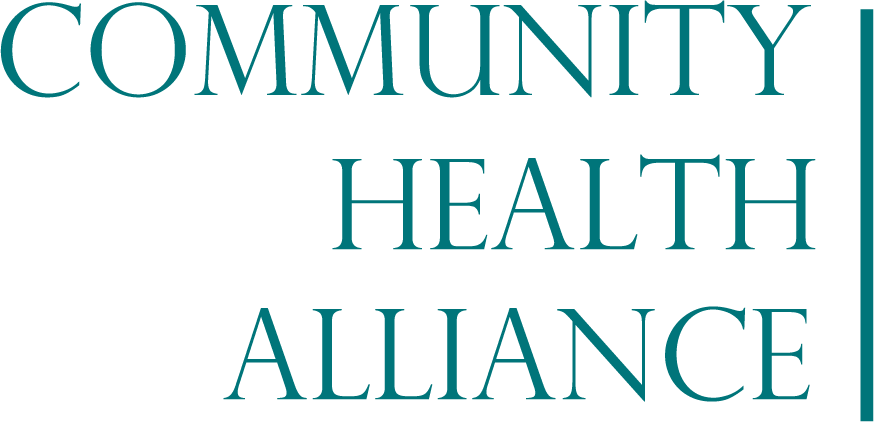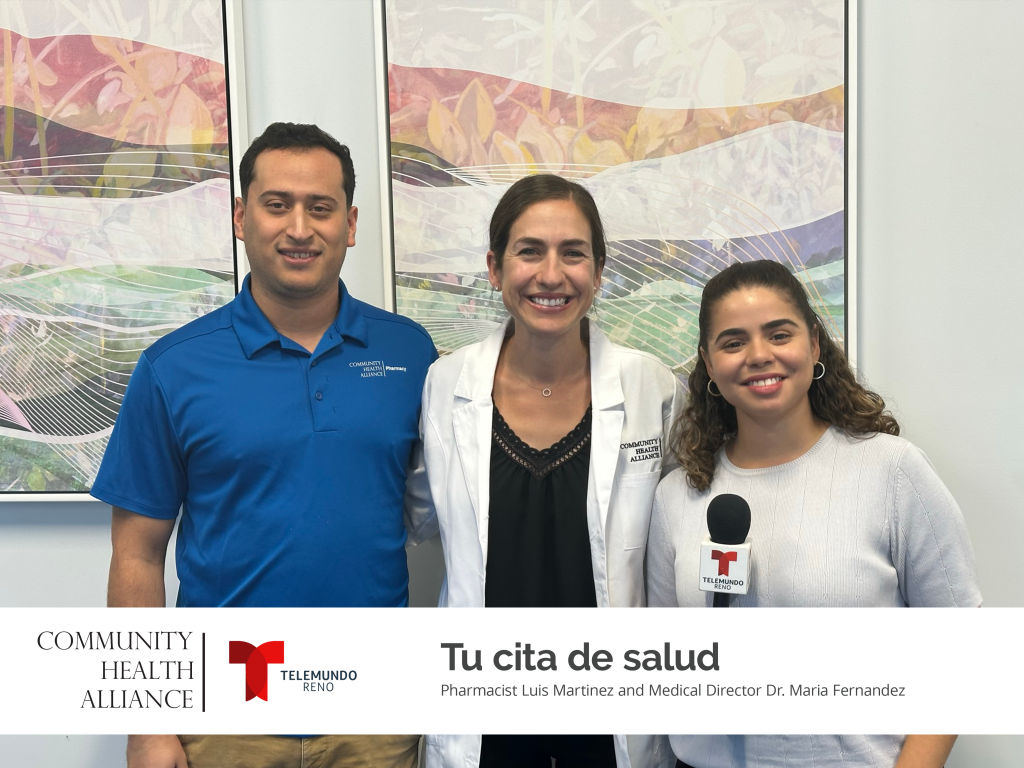How to Manage and Treat Obesity
What Is Obesity?
According to the Mayo Clinic, obesity is a complex disease involving an excessive amount of body fat. Obesity is not a choice, it is a disease. It’s a medical problem that increases the risk of other diseases and health problems, such as heart disease, diabetes, high blood pressure, and certain cancers.
How Is Obesity Diagnosed?
Body Mass Index (BMI) is the tool that is used to diagnose obesity. To calculate BMI, multiply weight in pounds by 703, divide by height in inches, and then divide again by height in inches.
BMI does not directly measure body fat, so someone who is very muscular may have a BMI in the obesity category even though they don’t have excess body fat.
| BMI | Weight status |
|---|---|
| Below 18.5 | Underweight |
| 18.5-24.9 | Normal |
| 25.0-29.9 | Overweight |
| 30.0 and higher | Obesity |
Risk Factors of Obesity
Genetics
- The genes you inherit from your parents may affect the amount of body fat you store and where the fat is distributed
- Genetics may play a role in how your body converts food into energy
- How your body regulates your appetite
- How your body burns calories during physical activity
Lifestyle
- A diet that is high in calories, lacks fruits and vegetables, and contains sugary beverages are factors that contribute to weight gain
- Liquid calories such as soft drinks, alcohol, and sugary juice
- Inactivity: If you have a sedentary lifestyle, you can easily take in more calories than you burn
- The number of hours spent in front of a screen is highly associated with weight gain
Diseases and Medications
- Prader-Willi Syndrome
- Arthritis
- Antidepressants
- Anti-seizure medications
- Diabetes medications
- Antipsychotic medications
- Steroids
- Beta-Blockers
Social and Economic Factors
- Lack of safe places to walk or exercise
- Food deserts (little to no access to healthy food options)
Other Factors
- Age
- Stress
- Microbiome
- Pregnancy
- Quitting Smoking
- Lack of Sleep
Chronic Diseases Associated with Obesity
- Heart Disease and Strokes: Obesity makes you more likely to have high blood pressure and abnormal cholesterol levels, which are risk factors for heart disease and strokes
- Type 2 Diabetes: Obesity can affect the way the body uses insulin to control blood sugar levels
- Certain Cancers: Obesity may increase the risk of cancer of the uterus, cervix, endometrium, ovary, breast, colon, live, pancreas, kidney, and prostate
- Sleep Apnea: People with obesity are more likely to have sleep apnea which is when your breathing stops and starts during sleep
- Osteoarthritis: Obesity increases the stress placed on weight-bearing joints, in addition to promoting inflammation within the body
Learn More About Obesity From Mayo Clinic
How to Manage and Treat Obesity
Obesity treatment includes lifestyle changes (what we eat, sleep habits, physical activity habits, mindfulness, addressing stress, and mental health), managing our chronic diseases, medications for energy regulation, and surgery for adults and older adolescents.
Changing Your Habits
- Healthy eating plan with the help of a dietitian or your primary care provider
- Regular physical activity
- Set goals, start slow, and build up over time
Weight-Loss Medications
- Should be combined with your healthy eating plan and regular physical activity
Bariatric Surgery
- An option if you have extreme obesity and haven’t been able to lose weight
- An option for lower levels of obesity if serious health conditions are also present
How Community Health Alliance Treats and Manages Obesity
Here at Community Health Alliance, we focus on lifestyles changes with our patients that have obesity. Our Healthy Living Program focuses on managing and treating childhood obesity. When a child comes in for a well-child check, they are given a healthy habits questionnaire to assess their daily habits. Their BMI is also determined at the visit by checking their weight and height and comparing it by age and gender. If a child has an elevated BMI and would like to work on their daily habits, a referral is sent to our Healthy Living Program. The program is a six-month program that includes monthly visits with a pediatrician, dietitian, behavioral health specialist, and nine virtual classes.
Our Evidence-Based Messaging Is 5210
5 servings of fruits and vegetables
2 hours or less of recreational screen time
1 hour or more of physical activity
0 sugary beverages
Watch this video to learn more about how Dr. Steven Shane, our American board-certified obesity medicine pediatrician, manages and treats childhood obesity at Community Health Alliance.
Additional Resources
- Make an appointment with a medical provider at Community Health Alliance
- Obesity Action Coalition
- UConn Weight Stigma and Bias Information and Resources
- CDC Healthy Eating for a Healthy Weight
- 5210 Let’s Go Maine
Sign Up for Our Newsletter
SubscribeSign Up for Our Newsletter
By submitting this form, you are consenting to receive marketing emails from: Community Health Alliance, https://www.chanevada.org. You can revoke your consent to receive emails at any time by using the SafeUnsubscribe® link, found at the bottom of every email. Emails are serviced by Constant Contact
By submitting this form, you are consenting to receive marketing emails from: Community Health Alliance, 680 S. Rock Blvd, Reno, NV, 89502, https://www.chanevada.org. You can revoke your consent to receive emails at any time by using the SafeUnsubscribe link found at the bottom of every email.


